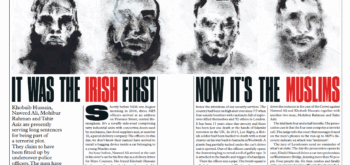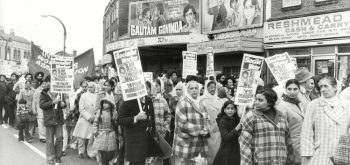A charity responsible for running the Queen’s London parks including Hyde Park and Kensington Gardens is facing a legal challenge for indirect race discrimination. The legal action is being brought by a group of black African migrants who work for Royal Parks as outsourced cleaners.
They accuse the charity of discrimination under the Equality Act 2010 since the employment contracts for the outsourced workers (overwhelmingly BAME) provides less generous conditions and benefits that the ones provided to the 90% white inhouse staff.
In the legal challenge documents filed with the Employment Tribunal, the claimants argue that, ‘although ostensibly a private limited company, the Respondent performs a public service’ since ‘it maintains the parks “on behalf of the government””, and therefore they are subject to the public sector equality duty.
The documents also explain that Royal Parks selected Vinci as its contractor in November 2014, initially paying the outsourced workers only the National Minimum Wage, while the inhouse staff was paid no less than the London Living Wage (LLW). ‘It thereby made a calculated choice to put in place a contractual arrangement under which park attendants would receive less than the LLW’, states the document.
Although Royal Parks ultimately increased the outsourced workers’ pay to bring it in line with the LLW, following strike action in December last year, ‘the disparity in relation to sick pay and other benefits (entitlements to annual leave, pension, overtime, “on-call allowance”, redundancy pay and maternity pay) remains in place’.
The union representing the outsourced workers, United Voices of the World (UVW), argue that the challenge could affect 3.3 million outsourced workers across the UK. Richard O’Keeffe, head of legal services at UVW, underlines that this is the first time the courts are asked to consider if this double standard (between their 90% white in-house staff and 90% black outsourced contract workers) is ‘justified by the purported efficiencies and cost savings that outsourcing is said to effect’. ‘If in principal this type of outsourcing arrangement requires justification to be Equality Act compliant, it will force employers to think more carefully before they operate a two-tier system which disadvantages migrant labour.’
To succeed, the claimants will need to show that the effects of outsourcing, regardless Royal Parks’ intentions, results in workers with protected characteristics being subject to a double standard of treatment with respect to minimum levels of contractual benefits.







